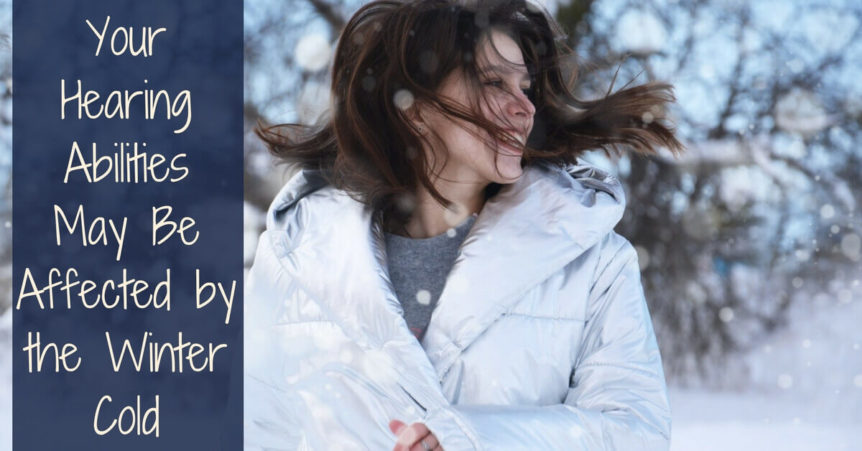Dry skin, chapped lips, runny noses and coughs–extreme cold can be tough on the body. Recent research suggests that cold weather actually makes it harder for our immune systems to fight off infections, which could explain why common colds and viruses are more common in the winter. Very cold temperatures can cause problems with the hearing as well, so it is important to know how to protect your ears when a cold front is on the way.
How do the ears react to cold weather?
Prolonged, repeated exposure to cold wind and water triggers the ears’ defense mechanisms, causing rogue bones to grow in the ear. This condition is called exostosis but is more commonly known as “surfer’s ear” as it affects people who frequently expose their ears to water and cold wind. Although this condition is most common among surfer’s, it can affect anyone who spends a lot of time outdoors in cold weather.
An overview of exostosis
Exostosis occurs when a new growth of bone forms in the ear canal, on top of an existing bone. The bone around the ear canal becomes thicker to serve as a protective barrier to cold water and wind. This bony growth obstructs the ear canal, causing problems with conductive hearing as well as the ear’s natural ability to produce and get rid of excess earwax. The growth of new bone traps water as well as wax, and this trapped water makes the ears more vulnerable to infections. People with untreated exostosis are at risk for developing multiple ear infections, which can result in pain and diminished hearing.
Symptoms of exostosis include pain, ringing in the ears (tinnitus), ongoing or intermittent hearing loss, and a “plugged up” sensation from water and wax becoming trapped in the ear canal.
An exostosis growth can result from any outdoor activity which exposes the participant to cold, windy conditions, such as skiing, sailing, surfing, fishing, swimming or diving. To reduce the risk of developing this condition, it is best to avoid any outdoor activity on very cold, windy days, and to try to keep the ear canals as dry and warm as possible. Custom ear protection and swimming caps or hoods can help to protect the ears for those who spend a lot of time in the water or in wet conditions.
Treatment
Although exostosis does not clear up on its own once it has developed, it can be treated with a simple surgery and does not usually recur once it has been treated. The procedure, called a canalplasty, involves a surgeon removing the bony growth from the ear canal through an incision. After the surgery, it is important that the patient avoid all cold-water activities for at least 8 weeks to reduce the risk of complications or an infection.
Hardened earwax
Another way the body tries to protect the ears from cold weather is by causing earwax to harden. This can worsen the symptoms of exostosis, and often results in temporary hearing loss. Hardened earwax does not come out easily and can become trapped, causing other symptoms such as fullness in the ears, tinnitus, earaches, dizziness, headaches and infections.
How to take care of an earwax buildup:
1) Be gentle with your ears. Take a hot shower to loosen earwax and clean the outer ear gently with a towel. Too much abrasive cleaning can actually irritate the ear canal, creating more earwax and increasing the risk of infections.
2) Do not put objects in your ears, under any circumstances. Pointed objects such as cotton swabs and hairpins can damage the eardrums or the ear canal, leading to hearing problems and other symptoms.
3) Your doctor can also help you to remove a troublesome earwax blockage. If you have noticed any hearing loss, a sensation of fullness in the ears, or drainage, make an appointment to see your doctor right away. It is important to make sure you don’t have an infection.
4) Mix warm water with olive oil, apple cider vinegar, baking soda, salt, or hydrogen peroxide and slowly drip it into your ear while lying on your side. This will help to loosen any hardened earwax. Repeat as necessary.
It is not uncommon to experience ear pain from exposure to cold wind. While this does not indicate a bigger problem, you should remember to keep your ears covered and warm the next time you take a brisk winter walk, especially if it’s windy out.
Are you concerned about your hearing? At Neighborhood Hearing Aid Center, we provide comprehensive hearing tests and hearing aid fittings. Visit us today for a consultation.

